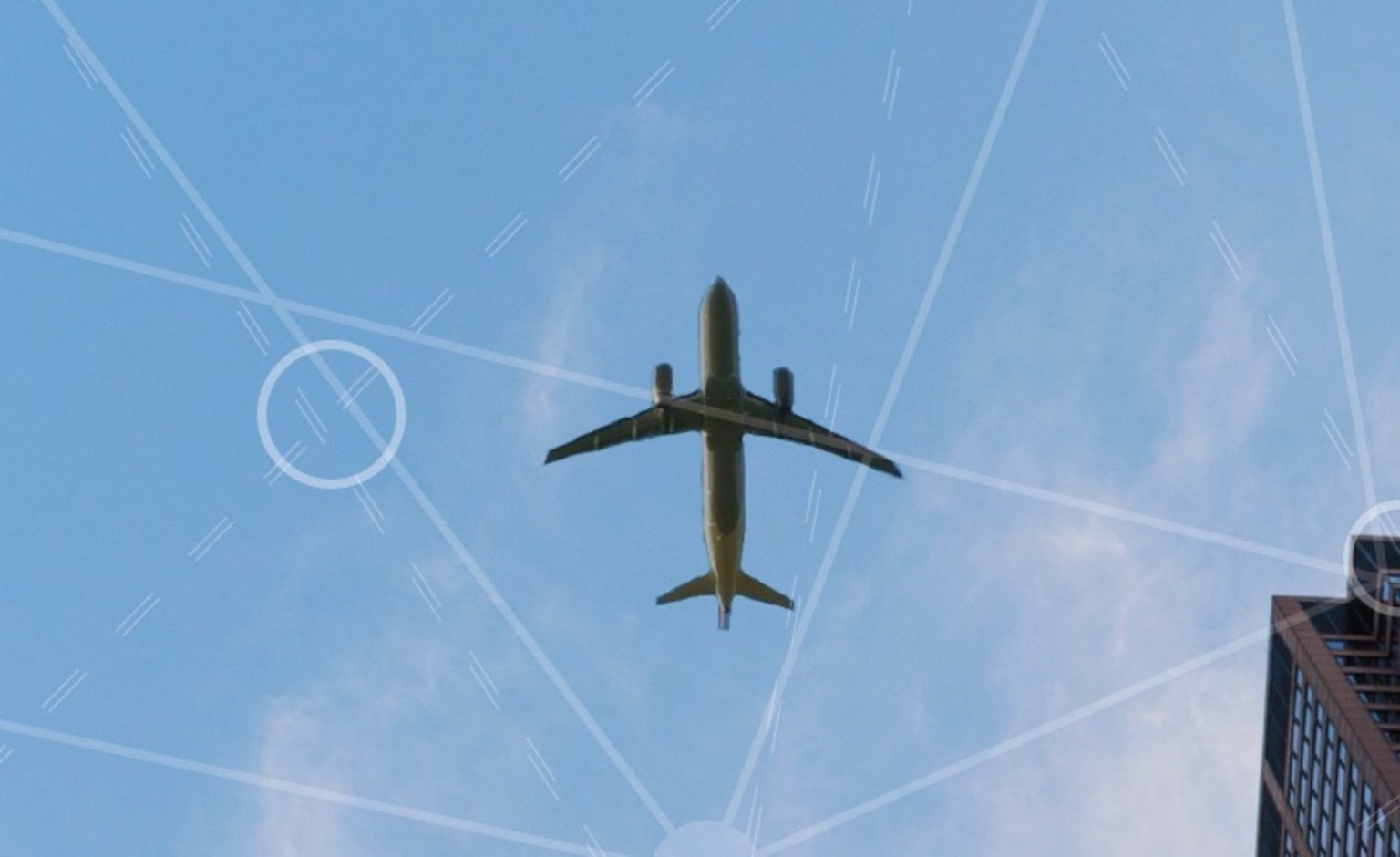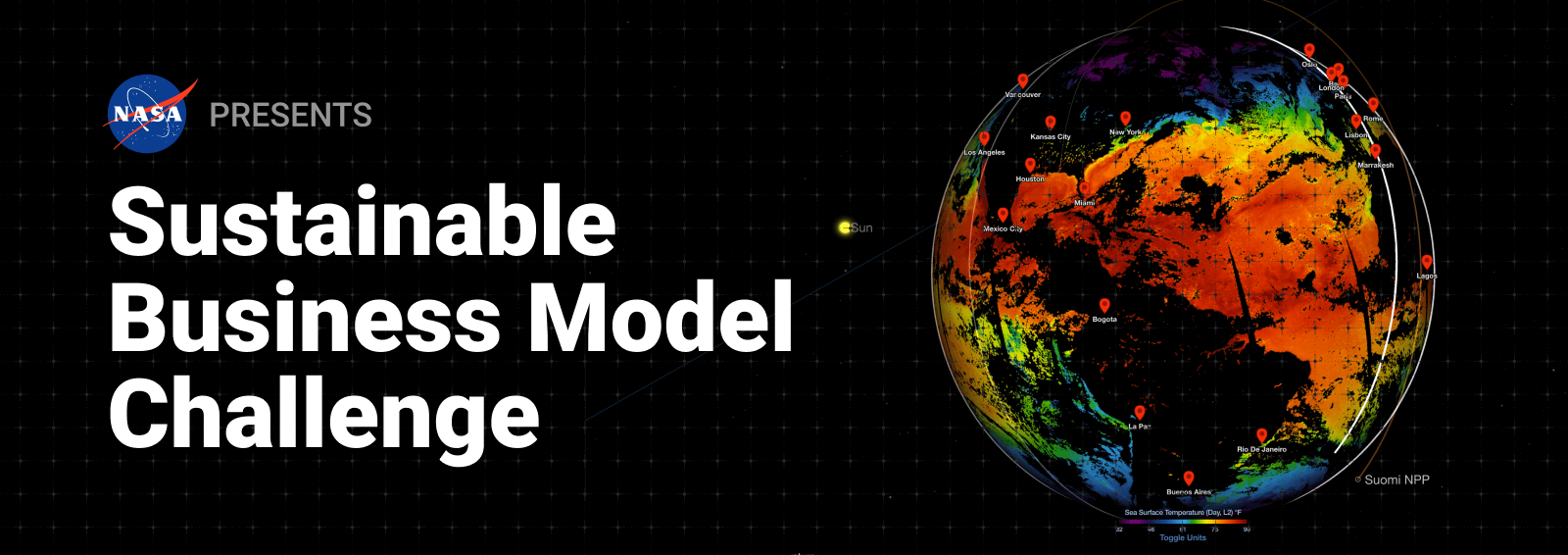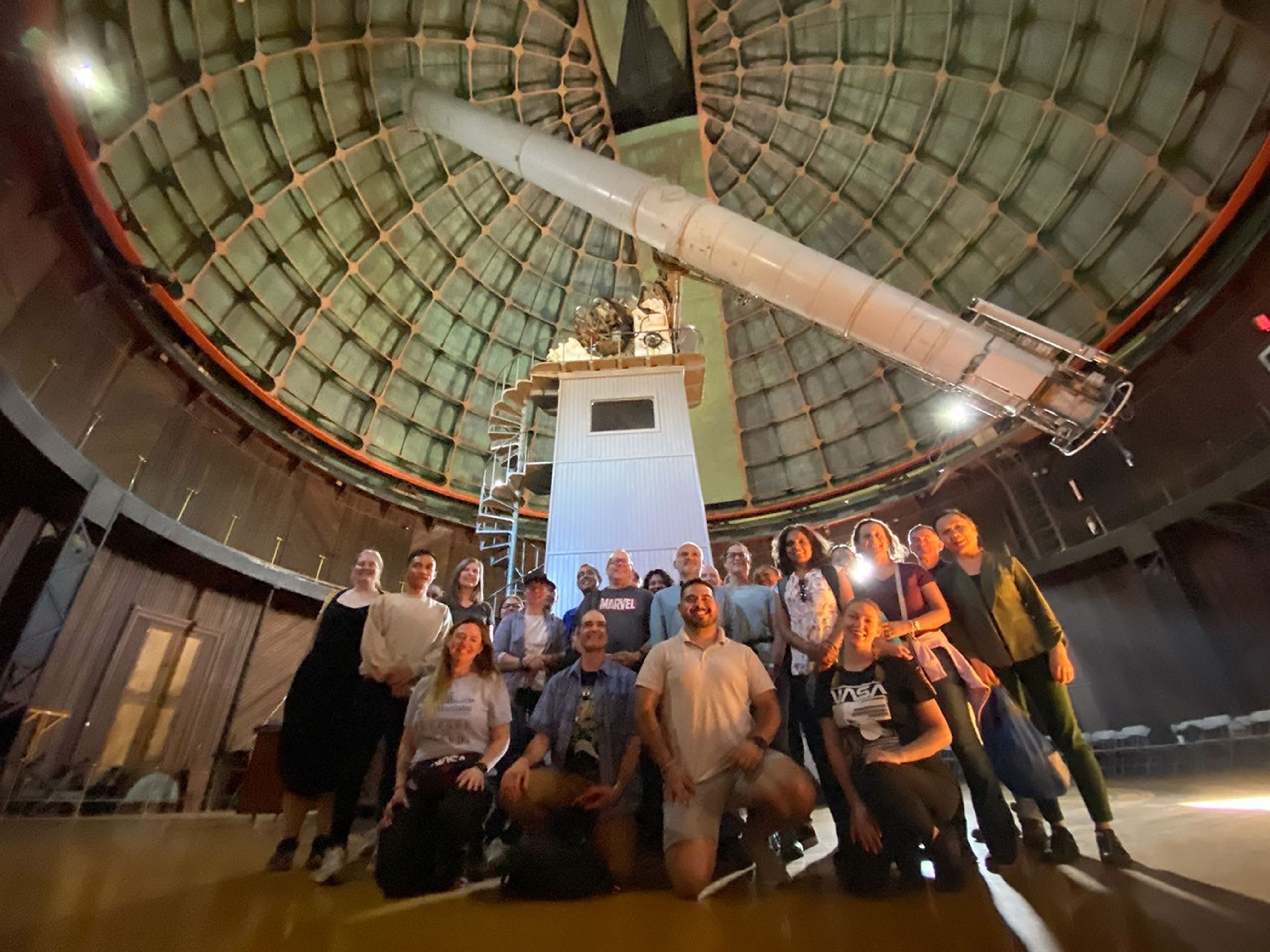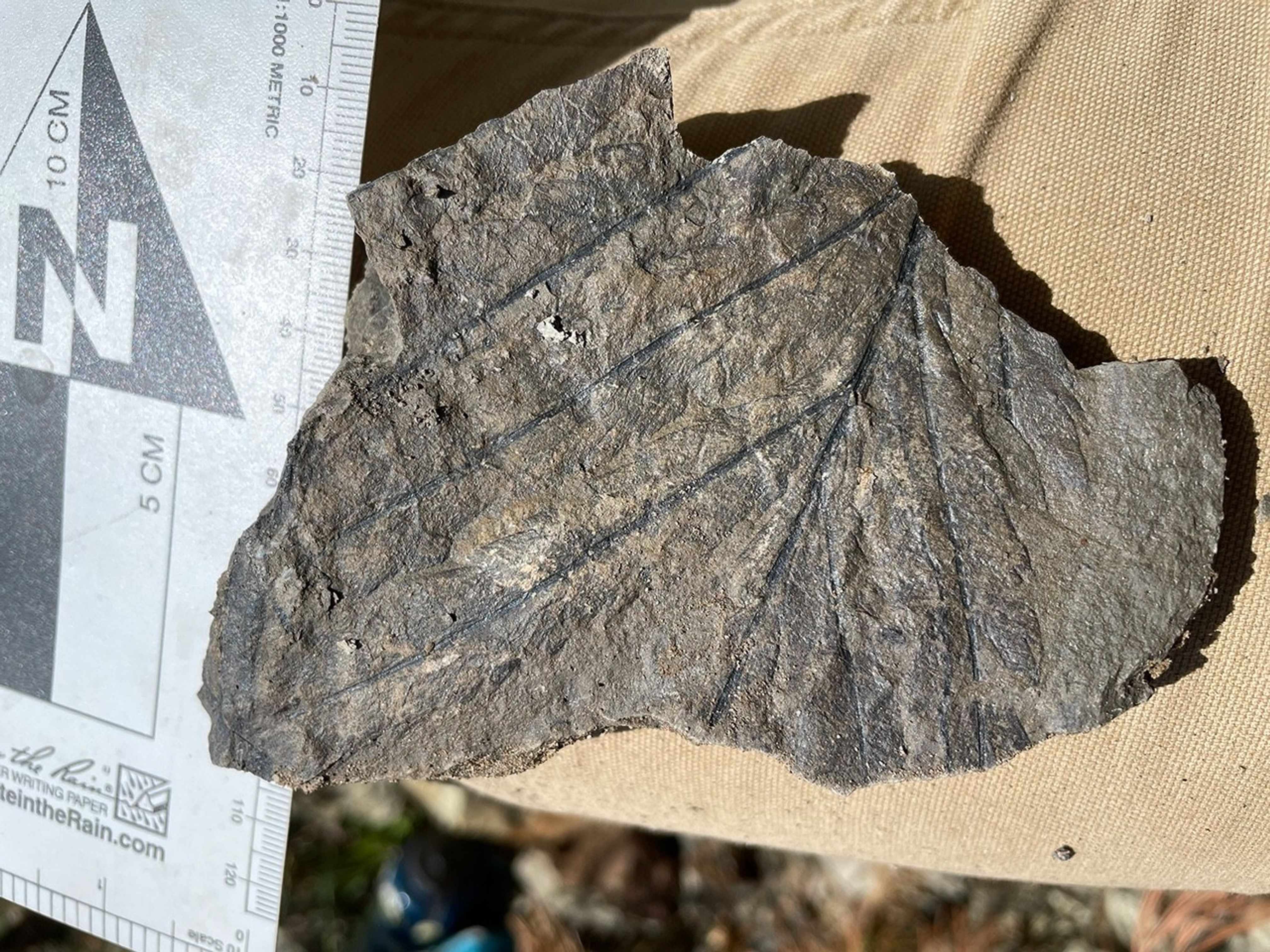NASA Hosts Industry, Government, Academia to Explore Partnerships
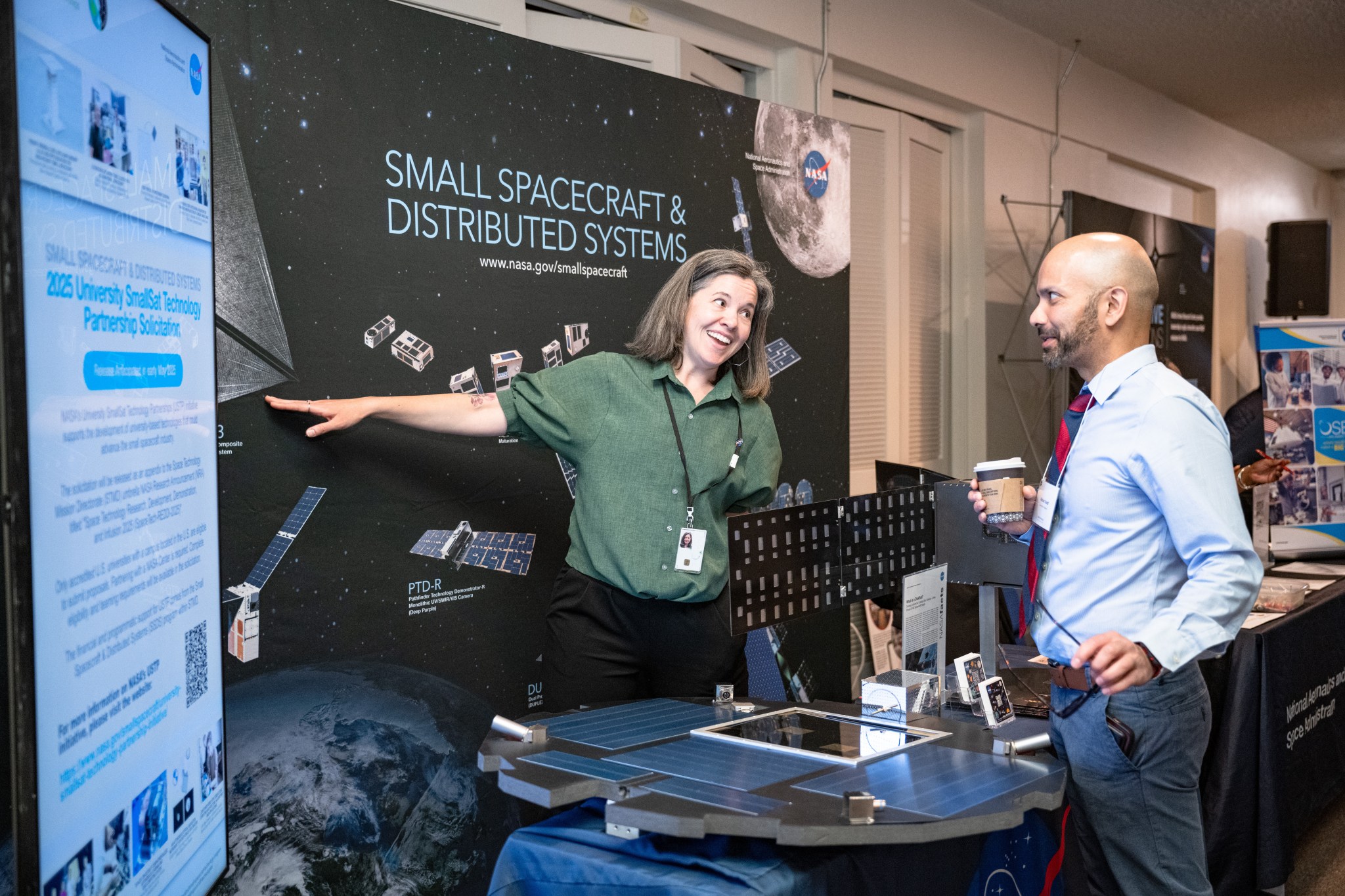
On April 29, more than 90 representatives from industry, U.S. federal labs, government agencies, and academia gathered at NASA’s Ames Research Center in California’s Silicon Valley to learn about the center’s groundbreaking research and development capabilities. The three-day event provided insight into the many ways to collaborate with NASA, including tapping into the agency’s singular subject matter expertise and gaining access to state-of-the-art facilities at NASA Ames and centers across the country. Partnerships help the agency to advance technological innovation, enable science, and foster the emerging space economy.
Terry Fong, senior scientist for autonomous systems at NASA Ames, summed up the objective of the event when he noted, “I don’t believe anyone – government, academia, industry – has a monopoly on good ideas. It’s how you best combine forces to have the greatest effect.”
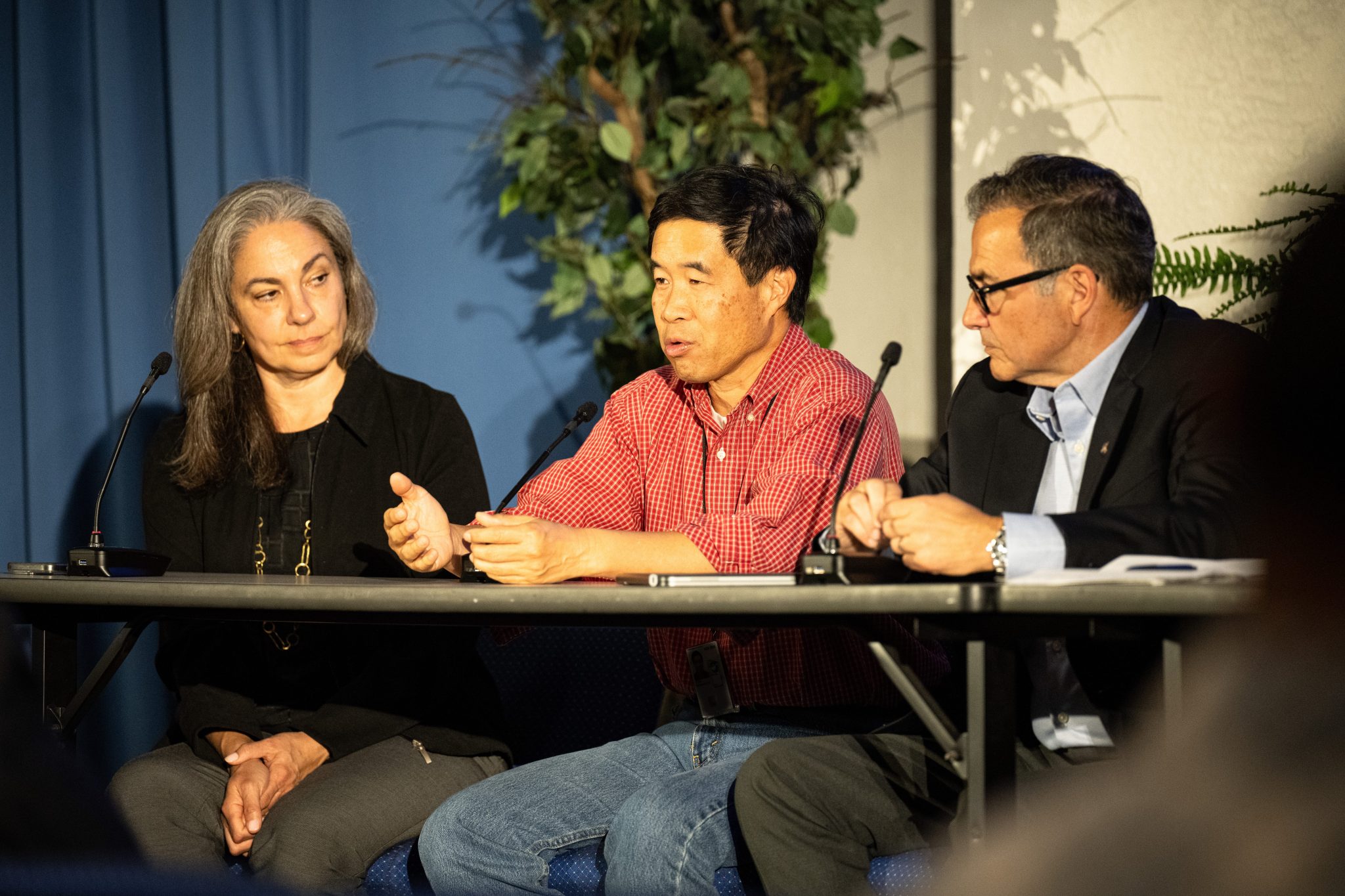
Author: Jeanne Neal
Details
Discover More Topics From NASA
SmallSats and CubeSats
These miniaturized spacecrafts are used to deliver small payloads into space. LTB (Lunar Trailblazer) is an example of a SmallSat…

Technology and Innovation
NASA innovates and tests new technology on satellites and planes, helping commercial and academic partners develop better ways to observe…

Technology Workshops and Events
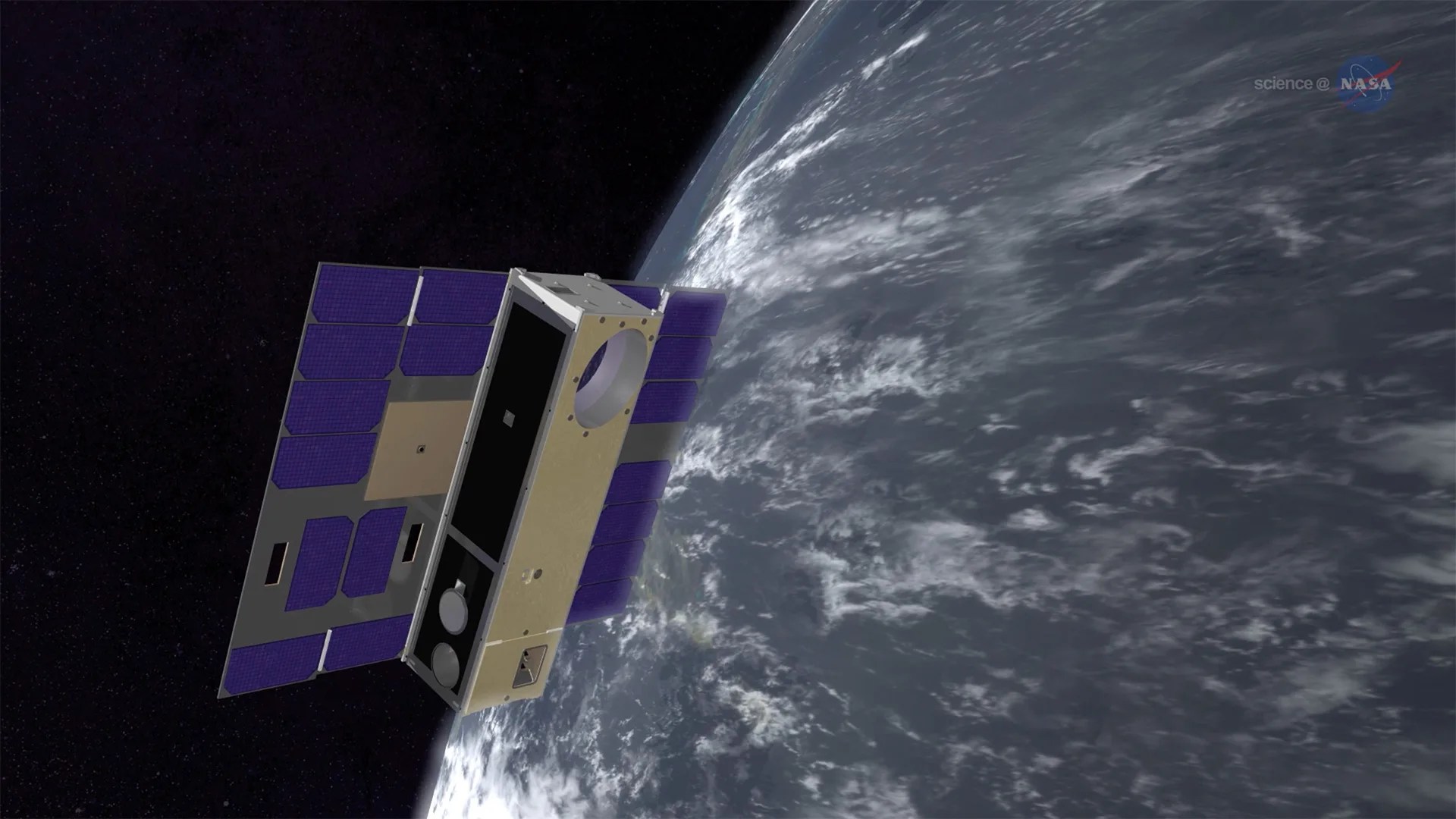
SBIR/STTR News & Success Stories
